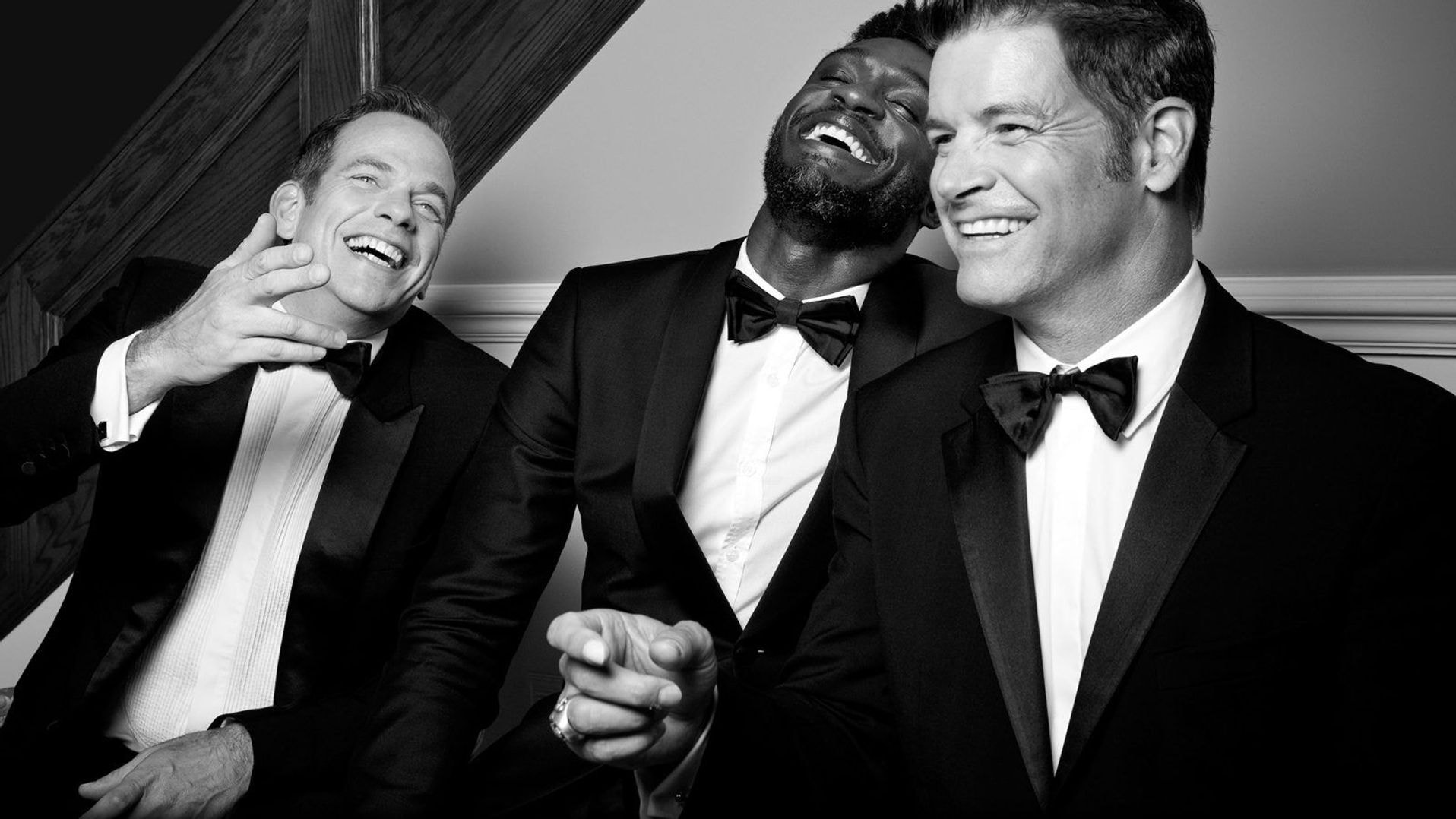The Pride and Power of Southern Gentlemen’s Code of Honor in the Antebellum Era
Analysis of the code of honor has been important to understanding antebellum elite society, particularly southern culture and values.

Article contribution by Boorstin, Daniel J.
Picture: Forever Gentlemen
Honor — the recognition of one’s perceived esteem by others — was the most important value in the Southern United States during the Antebellum Era. All affluent gentlemen in the South followed the Code of Honor, an unwritten law that was completely ingrained in the social fabric of Southern life. Not to be confused with a person’s dignity or self-esteem, honor was judged entirely by society’s eyes, not by one’s own. Honorable gentlemen were therefore judged and consequently ranked in Southern society by outward appearances only, such that a gentleman’s honor was protected with the greatest of care and readily defended when even the slightest of actions threatened his honor. Honor was the genteel veil over Southern gentlemen’s masculinity, which emphasized the masculine traits of their physical strength and aggression, and even their use of violence. In fact, the Code of Honor stressed a Southern gentleman’s full right to control other people’s destinies and exploit their own powerlessness in order to increase his honor, thereby fueling his own pride and power in all of his social dealings. Thus, both masculine pride and power acted as key, rather duplicitous underpinnings of the Code of Honor for elite gentlemen during the South’s Antebellum Era.
Elite Southern males of the Antebellum Era were indoctrinated into the Code of Honor from infancy. This Code required a Southern gentleman to have a reputation of honesty and independence, absolute control over the dependents under him (namely, his wife, children, and slaves, all of whom were considered his property), and the absolute necessity to use violence if any action was taken against his honor. Southern childrearing instilled affluent boys with a sense of prideful entitlement and, in the reverse, the feeling of shame if they ever violated the Code of Honor. Boys were therefore encouraged to be truthful in all matters and to be masculinely powerful and aggressive in order to maintain and defend their honor at all times. Since shame was the act of not living up to the Code of Honor, a shamed man could lose his reputation of respect in Southern society and thus be viewed as inherently inferior to honorable gentleman or, even worse, be subject to exploitation by others. Hence, shame and lying were the worst offences to an elite gentleman’s honor in the South during this time.
Honor and Duels
The slanderer” is “…worse than the murderer. The murderer only takes the life… whilst the slanderer takes away his good reputation and leaves him a living monument to his…disgrace.” — Andrew Jackson (Boorstin, 223)
Upper-class Southern elites were the group of people most concerned with maintaining, increasing, and protecting their honor during the Antebellum Era. Prestigious Southern men were in the public eye during most of their lives, whether that was among their own elite social circles or in the eyes of the general public. A good reputation was a must for Southern elites in the Antebellum Era, when word-of-mouth was superior to text due to the fact that most of the population was illiterate at that time. In the elite social circles, jockeying for a higher position was common and often led to “giving the lie” to hurt an opponent’s honor and, thereby, to boost one’s own (Gorn, 135). In fact, honor was so crucial to a Southern gentleman that any action to harm his reputation would be returned with violence, oftentimes by challenging the offender to a duel to the death.
Elite men used almost courtly formalities with one another to avoid offending each other, as this was the worst offence to a man and could lead to death by duel. However, even duels were very formalized and structured. Almost every elite duel was fought because one man offended another, claiming he was not worthy of a respectful reputation. A question of honor was therefore a question of life and death for elite men, given that their honor was their law. Duels, according to Southern gentlemen, were an honorable and necessary act of violence to defend one’s pride and clearly display one’s power. Duels began with the unmasking, or “giving the lie”, of one man’s honorable self, or, rather, his appearance, to reveal his differing inner self (Greenberg, 158). Duels were the ultimate test of honor; they risked the lives of both participants, with their good names and reputations on the line. Unmasking attempted to shame an opponent, not really to reveal the man’s true character, but rather hurt his pride. Ultimately, then, a duel was simply a show of masculine power to prove that a man was willing to risk his life for his honor, despite whether the accusations were actually true. However, if a man could kill his opponent who accused him of being untrue to his honorable self, the surviving man would maintain his pride and reputation of honor despite whether or not the accusations were true.
The old adage “sticks and stones may break my bones, but words will never hurt me” held no truth in the Antebellum South. Indeed, insults to a man’s honor were grave threats to the offender’s own life. As such, dueling was an integral part of the Code of Honor in the South during the Antebellum Era because it demonstrated a gentleman’s absolute power and his willingness to risk his life for his pride, all under the guise of protecting and defending his honor.
Works Cited
Boorstin, Daniel J. The Americans: The National Experience. New York: Vintage e-Books, 2010. Google Books file.

